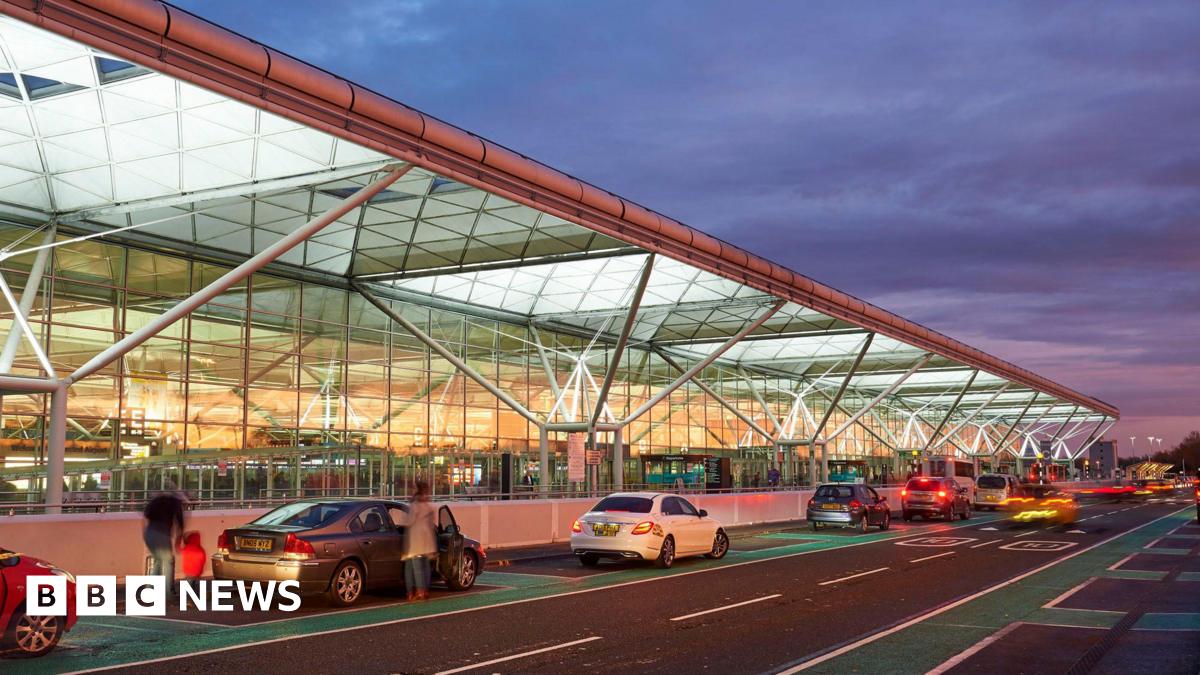Bussiness
Manufacturers ‘facing perfect storm’ as PMI falls – London Business News | Londonlovesbusiness.com

Today’s fall in Manufacturing PMI to 48.0 (the second month with PMI below 50) suggests that the sector is facing a near perfect storm of challenges ranging from the fall out of the Budget, a weakened economic outlook for the UK and EU for 2025 and a new US administration introducing potentially damaging new tariffs.
However, the Industrial Strategy has been welcomed by the sector.
The announcements from October’s Budget on the increase in employers’ national insurance contributions and minimum wage have come as a blow to the sector and not instilled the confidence to grow.
Businesses are punch drunk with the announcements from the Budget.
They will be looking to digest the changes and how they can alleviate some of the additional cost pressures that have now been placed on them.
However, for those who are bold and confident there will be opportunities out there, particularly investing in tax efficient structures associated with spending on AI and machinery.
The announcement of the Industrial Strategy was a bright spot for the manufacturing sector as it highlighted the need to increase skills and attract foreign investment. However, at this stage, it is difficult to ascertain whether this will provide the required drivers of growth.
Looking ahead to 2025, there are several challenges that could impact manufacturers. The UK economy remains in a fragile state following years of high inflation and high interest rates. While inflation has begun to fall, it is unlikely that interest rates will drop as quickly as anticipated earlier in the year.
The introduction of US tariffs on imports from China, Mexico and Canada could potentially lead to tariffs on other global markets leading to further inflationary pressures. At the same time, the UK’s biggest export market, the EU, is facing its own challenges and its fragile economy remains a cause for concern for manufacturers.
Geopolitical risks are likely to continue to weigh heavily on both global economics and supply chains which will impact manufacturers directly. The cost to transporters and longer lead times involved in going via the Horn of Africa will inevitably continue to impact manufacturers’ bottom line and these price increases will be passed onto the consumer. The lessons for manufacturers would be to be bold by investing in technology and machinery and to keep supply chains as short as possible to minimise disruption.










